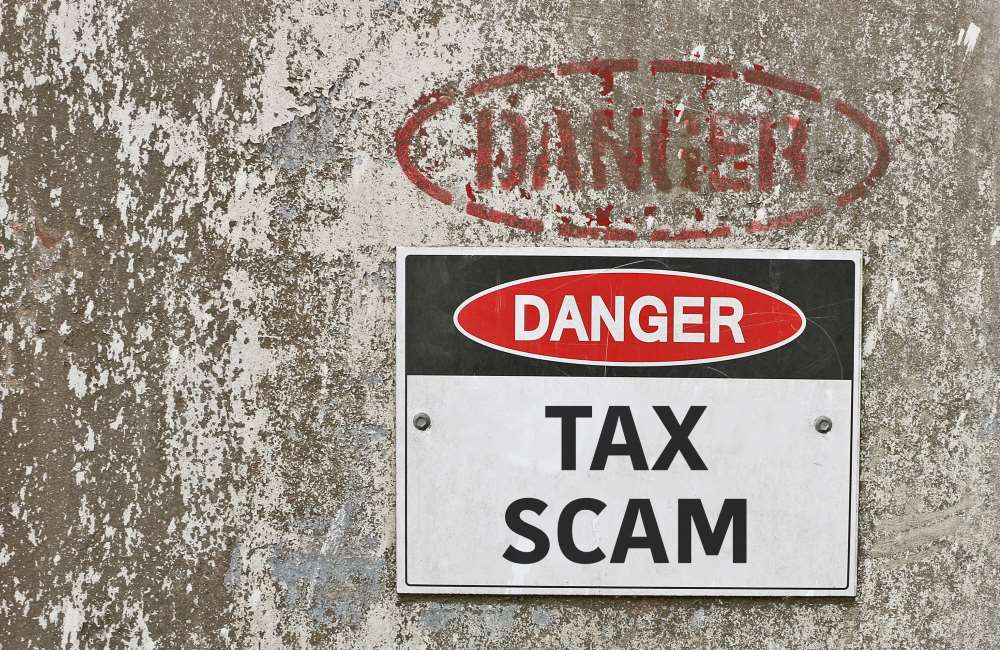Return Preparer Fraud
Next up on the list of IRS list of tax scams to watch out for this filing season is one that may shock and anger some of our readers. Coming in at number four on the list is return preparer fraud. The majority of tax professionals are honest, hardworking people but unfortunately there are deceitful individuals out there who gives the good ones a bad name. However, it is important that we are aware of this so we know how to combat the frauds.
According to the IRS, nearly 60% of taxpayers use tax professionals to handle their filings. This puts a large portion of the country at risk, luckily the scammers are few and far between. IRS Commissioner John Koskinen states “Most tax professionals provide top-notch service, but we see bad actors every year that steal from their clients or compromise returns in ways that can severely harm taxpayers"
Tips for Avoiding Preparer Fraud
The most common form of fraud committed by these ill-intended return preparers is usually carried out by fooling taxpayers into taking deductions or credits they are not eligible for thereby increasing their fee. This is a criminal act of deception and the IRS does not take this lightly. These kinds of tax professionals put themselves at risk of severe penalties or even jail time.
The IRS has provided a few tips on how consumers should choose their tax return preparer:
- Make sure the preparer has a valid IRS Preparer Tax Identification Number (PTIN)
- Enquire if the tax preparer has a professional credential (enrolled agent, certified public accountant, or attorney), or if they belong to a professional organization
- Elude preparers who base their fee off a percentage of your refund
- Be sure your refund is set up to be deposited into your bank account
- Be certain your preparer offers IRS e-file and request that your return be submitted electronically. All verified tax professionals who are monetarily compensated to prepare and file more than 10 returns are required to file the returns electronically.
- Respectable preparers will ask to see your records and receipts
- Under no circumstances should you sign a blank return
- Examine your tax return prior to signing
- Confirm that your preparer signs and includes their PTIN
- Report fraudulent tax preparers to the IRS
These are important tips to consider as a return preparer so you can differentiate yourself from the frauds and calm the worries of your potential client.
Resources
Every verified preparer receives a Preparer Tax Identification Number (PTIN). You can receive a PTIN by participating in the Annual Filing Season Program each year and taking an Annual Tax Refresher Course constructed directly from a syllabus passed down by the IRS. This guarantees that all courses contain the suitable material to ensure all tax preparers remain current with new laws and regulations. If you have any questions on this course. Feel free to reach out to one of our educational advisors or visit our continuing education page to check out our IRS-approved courses.



